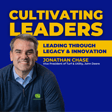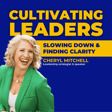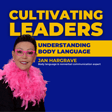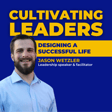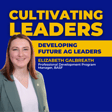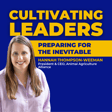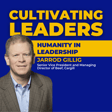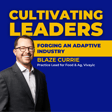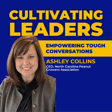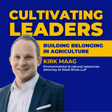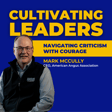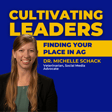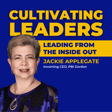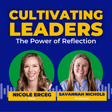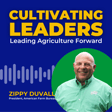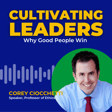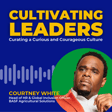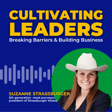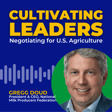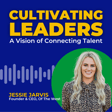
Leading Across Differences with Krysta Harden
Whether you’re a student stepping into your first leadership role or a professional navigating a divided industry, this episode will challenge you to listen with intention, lead with humility and persist with passion.
In this episode of the Cultivating Leaders Podcast, we are joined by Krysta Harden, President and CEO of the U.S. Dairy Export Council. From her roots as the daughter of peanut farmers in southwest Georgia to leadership roles in governmental agencies, Krysta has built a remarkable career at the intersection of agriculture, sustainability and policy. Krysta shares the skills that have carried her through some of the most challenging conversations in food and agriculture—skills that today’s future leaders will need just as much as she did.
Krysta reflects on:
- Tough Conversations Make Progress: in a world full of conflict, taking the time to talk through issues can lead the industry forward
- Lead by Listening and Learning: challenge your perspective and find stronger solutions by asking thoughtful questions
- Be Confident and Humble: acknowledging weaknesses and surrounding yourself with strong teams will make you stronger
This conversation is a masterclass in how to navigate tough conversations, embrace new ideas, and lead with both conviction and compassion.
Want to hear more from Krysta? Check out her blog here!
Connect with Krysta
Connect with AFA
- Follow us on LinkedIn
- Follow us on Instagram
- Like us on Facebook
- Follow us on TikTok
- Visit our Website
About The Cultivating Leaders Podcast
Real stories. Practical advice. Tangible growth. Join The Cultivating Leaders Podcast, brought to you by Agriculture Future of America, as we explore what it takes to lead in food, agriculture, and beyond. Whether you’re just starting out or leading at the highest level, this podcast is your go-to resource for leadership that matters. Listen now and start cultivating your leadership journey.
Don’t forget to follow/subscribe so you never miss another episode!
